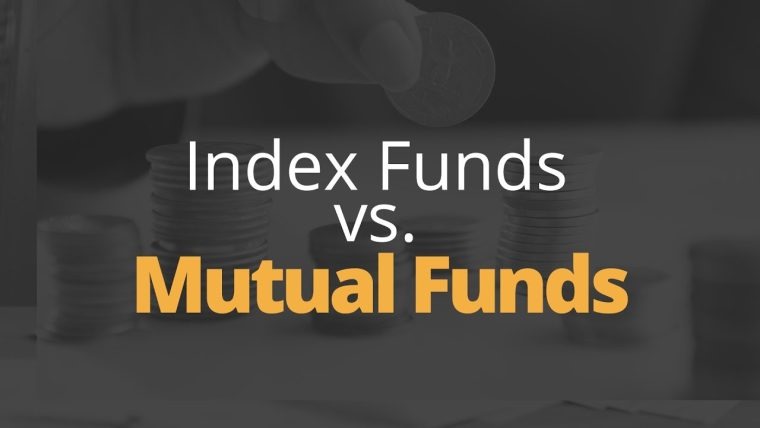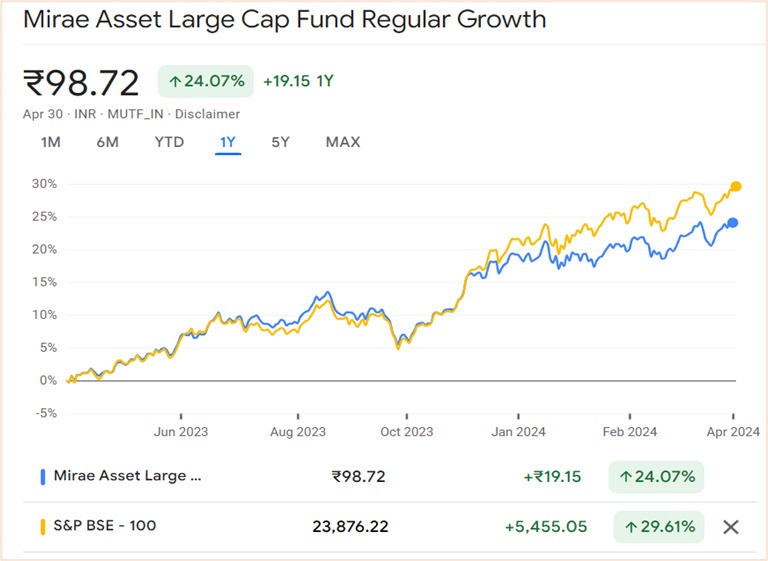Choosing the Ideal Fit for Your Portfolio: A Comparison of Index Funds vs. Large Cap Mutual Funds

Pune, 02 May 2024: Investors often find themselves at a crossroads when deciding between actively managed large-cap mutual funds and the passive simplicity of index funds. Recent data reveals a stark reality: most of large-cap mutual funds fail to outpace the index.
Understanding Index Funds: Index funds epitomize a passive investment strategy tailored to mirror the performance of specific market indices like the Nifty50, NiftyNext50, NiftySmallCap etc.. By investing in the same seacurities in identical proportions as the chosen index, these funds strive to replicate its returns. Consequently, index funds offer extensive market exposure and diversification across various sectors and companies. Their allure lies in simplicity and cost-efficiency, with minimal management involvement translating to lower expense ratios compared to actively managed counterparts. This cost-effectiveness holds the potential to significantly bolster long-term returns, especially when factoring in the power of compounding.
Large Cap Mutual Funds: On the other hand, large-cap mutual funds represent actively managed portfolios honed in on established, large-capitalization companies—typically the top 100 by market capitalization. Fund managers leverage research, analysis, and expertise to cherry-pick individual stocks they anticipate will outshine the broader market. While this active management approach offers the prospect of outperformance against the index, it also entails higher fees and expenses. Investors foot the bill for the fund managers’ acumen in selecting winning stocks.
Consider the following Mirae asset large-cap fund, which serves as an illustrative example of those that have failed to outperform the BSE100 index in last 1 years. It’s important to note that this example is purely for demonstration purposes and is not intended as a critique of any specific fund.

Index funds stand out as a cost-effective pathway for accessing the broader market. Considering the prevailing pattern where most actively managed large-cap mutual funds struggle to outperform the index, opting for index funds emerges as an enticing alternative. By avoiding the elevated fees linked with actively managed funds, investors have the opportunity to optimize returns while curbing expenses. As investors navigate the intricate terrain of investments, the allure of index funds becomes increasingly evident, offering a compelling proposition for those in pursuit of a prudent and efficient investment strategy.
About Author:
Hradayesh Pathak is a finance professional with an MBA from XLRI Jamshedpur and has successfully passed CFA Level 2








